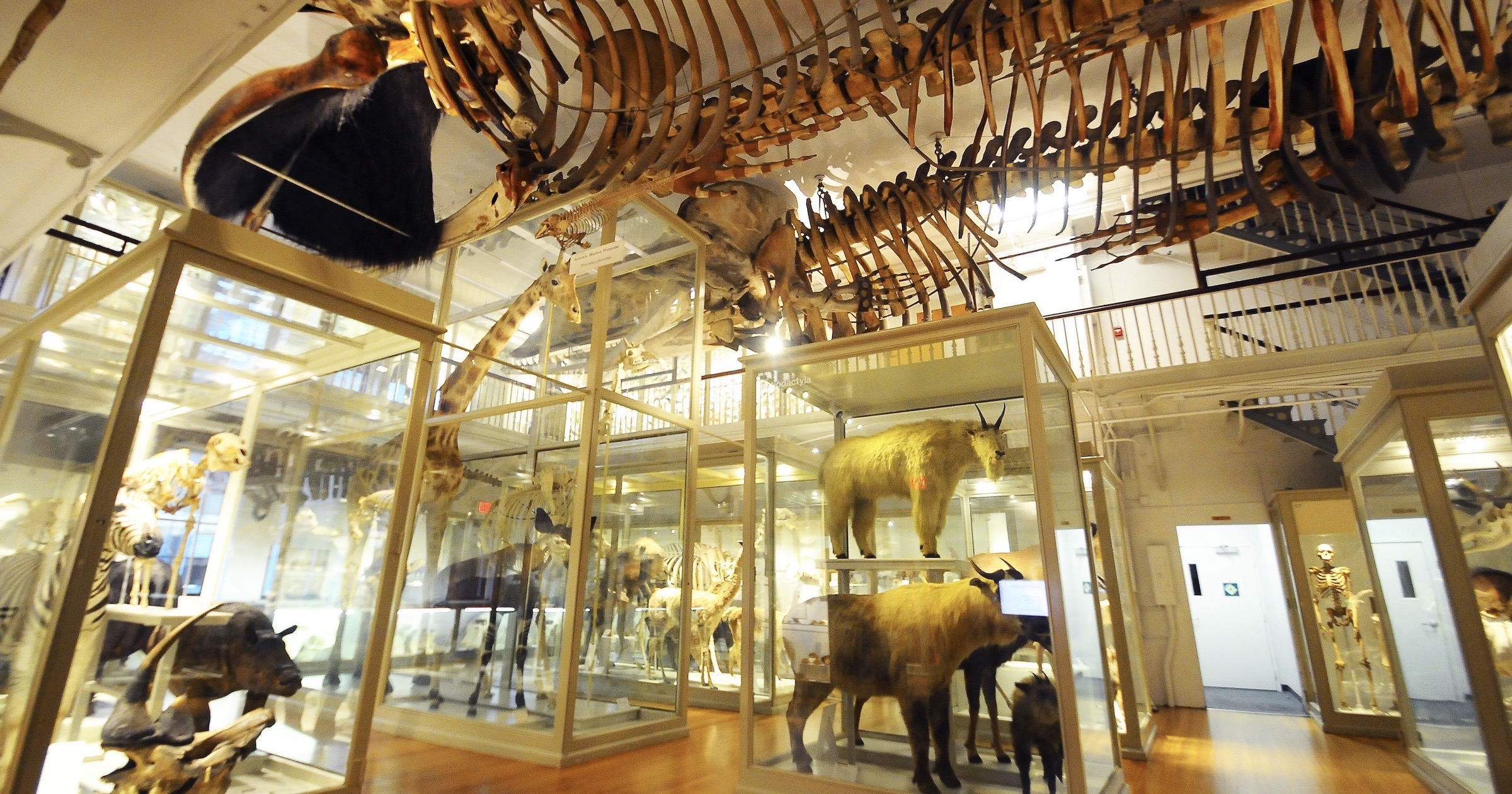 Education
Education
 Free Speech
Free Speech
Recognizing the Scandal in the Universities — Will It Extend to Origins Science?

I want to encourage you to go back and listen to two excellent podcast conversations on ID the Future between host Andrew McDiarmid and science historian Michael Keas (here and here). Professor Keas offers a new and important phrase for the scientific debate about origins. It’s “methodological pluralism” (MP), which admits the possibility of considering both natural and intelligent or guided causes for phenomena in nature. It is in contrast with rigid methodological naturalism (MN), which by an arbitrary rule, will consider only unguided natural causes.
MP wants the best explanation of the data, even if that explanation is intelligent design. Essentially a political rather than a scientific principle, MN excludes design because it has the power, through our academic institutions, to do so. By “political” I mean that it favors one class of scientific explanations over another for reasons of bias or prejudice, not in deference to a search for truth. Another way of saying this is that materialism in origins science turns that search into a game. As in Monopoly or Trivial Pursuit, you have to follow the made-up rules and stay on the set track in order to win. The object is to win, not to find out what’s true.
CNN of All Places
Over the weekend I thought of that distinction between ways of thinking in a wider but related context: the crisis of our universities. A lot of people paid attention last week when commentator Fareed Zakaria at CNN — CNN, of all places — blasted American universities for having dropped past traditions of truth-seeking in favor of political ideology. They had thereby lost the public’s trust and esteem. He focused on the humanities:
In the humanities, hiring for new academic positions now appears to center on the race and gender of the applicant, as well as the subject matter, which needs to be about marginalized groups. A white man studying the American presidency does not have a prayer of getting tenure at a major history department in America today… New subjects crop up that are really political agendas, not academic fields.
Writing in the Wall Street Journal, and extensively quoting from the CNN commentary, Peggy Noonan contrasted the contemporary university as a “partisan outfit” (Zarkaria’s phrase) with the pioneering scholarship of a 19th-century French historian, Jules Michelet. For Michelet, scholarship in his field meant “taking history as something more than a game, [making] the effort in good faith to enter into the life of the past.”
“In Good Faith”
She noted poignantly, “The idea of this man — a true scholar who attempts to find the honest truth — seems inapplicable in the current moment. And the reason is the three words he uses — ‘in good faith’ — to define how the historian must act. In the DEI/woke regime, the good faith of the scholar is sacrificed to political fashion.” University scholars and administrators become “mere operatives, enforcers.” Students, meanwhile, are “instructed to internalize a particular worldview and parrot it back.”
Wow, this is exactly the situation that Michael Keas describes: politicized science as a game that, per arbitrary rules, excludes objective inquiry into biological and cosmological origins, and excludes objective scholars who act “in good faith.” Origins science, too, has its operatives and enforcers, whether professors in the university or thugs on YouTube. Zakaria recognized the impact of this on disfavored races and disfavored fields. The regime of methodological naturalism is affirmative action for scientific ideas. It will seek the best explanation only once a box — “natural explanations only” — has been checked and alternatives excluded. A scientist open to considering evidence of intelligent design in biology “does not have a prayer” at the vast majority of universities. The alternative is methodological pluralism.
Will the Enlightenment Go Further?
Suddenly, thoughtful people who had avoided the subject, from considerations of caution and not stirring things up too much, have become willing to openly discuss the scandal of the universities. It started when U.S. college students began calling for genocide against Jews and when the presidents of Harvard, Penn, and MIT, in congressional testimony, were uncertain about whether this constituted a violation of standards for conduct.
There was a silver lining to that. I’ve been explaining to a number of people recently what it means to be “red-pilled.” One can only hope that the sense of new enlightenment about what’s wrong with U.S. academia will extend to the science of origins.
